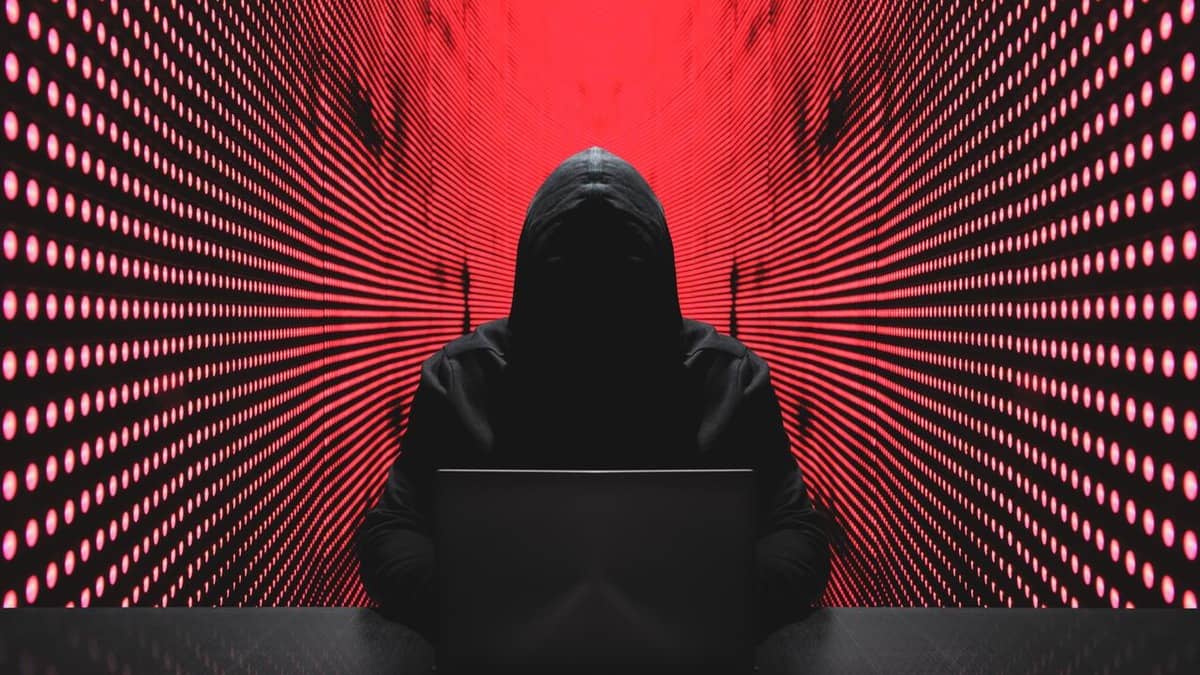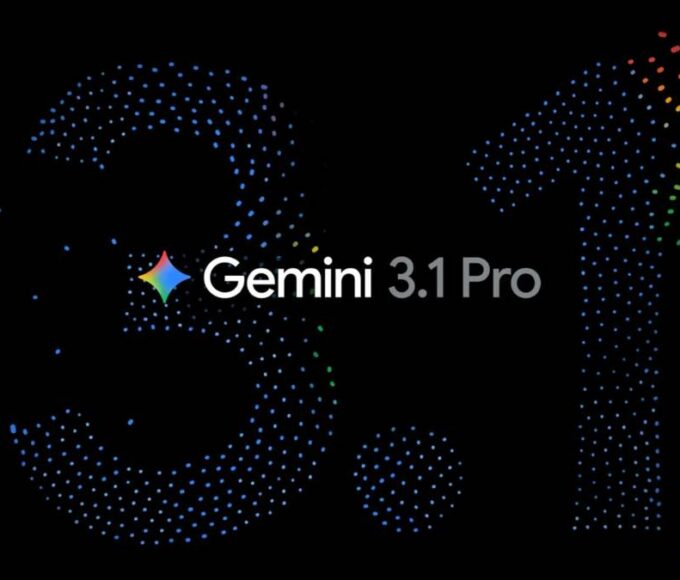The Department of Homeland Security (DHS) has issued a public service announcement urging Americans to switch to end-to-end (E2E) encrypted messaging apps to improve digital privacy, especially in light of recent cyberattacks.
These attacks, reportedly carried out by hackers linked to the Chinese government, have infiltrated U.S. telecom infrastructure, potentially exposing unencrypted texts and calls.
The DHS’s Cybersecurity and Infrastructure Security Agency (CISA) published a bulletin on December 18, highlighting the risks of intercepted communications.
While the advice targets high-profile individuals like government officials, it applies to everyone, emphasizing the importance of using E2E encryption to protect sensitive information.
Popular apps offering E2E encryption include Signal, WhatsApp, and Dust, with Zoom also supporting encrypted video chats. However, experts caution that no service is fully immune to hacking.
CISA also recommends other security practices, such as enabling Fast Identity Online (FIDO) and using password managers.

Stay Safe Online With NordVPN’s Trusted VPN Services
Grab this limited-time offer and enjoy premium VPN protection at an unbeatable price!
Importantly, it advises against SMS-based multifactor authentication (MFA), which can be intercepted. Instead, standalone authenticator apps like Google, Microsoft, or Authy are more secure.
Despite past criticism of encrypted apps by agencies like the FBI, which argue that they hinder investigations, the DHS is now promoting their use to protect personal and sensitive data.












Leave a comment